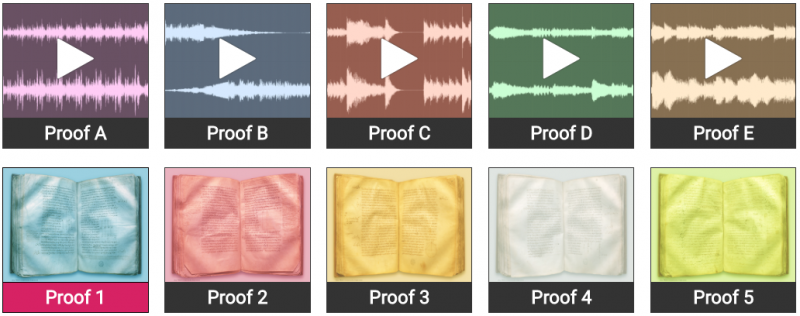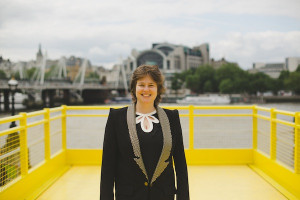The number one component of music that really gets my attention is Brian May plays guitar, but a very close second is clever lyrics. The first morning of 2025’s Talking Maths in Public (TMiP) conference, from waking up, through carving myself a slice of scrambled egg at the breakfast buffet, up until the blessed relief of Jon Chase’s fabulous keynote talk, was soundtracked by a repeating refrain that only I could hear:
‘I like the Pope / The Pope’s got notes on polytopes’.




